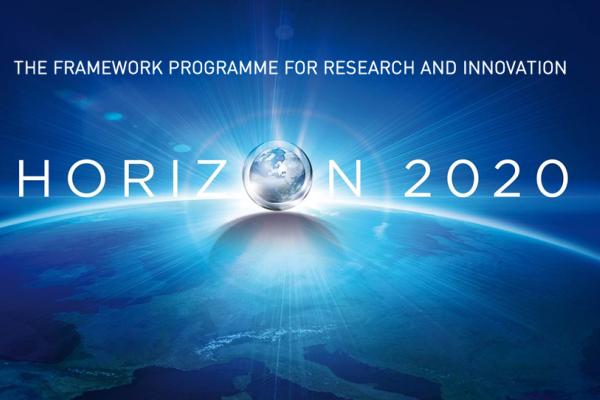Introduction of the Horizon 2020 programme
The Horizon 2020 framework programme, which is the most impactful programme of the European Union's research and innovation policy in the 2014-2020 period, disposes a budget of near 79 billion euros. The programme is one of the corner-stones of the Innovative Union initiative named in the Europe 2020 strategy for enhancing the global competitiveness of the continent.
The Horizon 2020 programme provides direct funding, from the Bruxelles headquartered Commision, for which applications can be submitted with excellence in international competition. That means each member state can utilize as many of this funding as their capable for: the selection of the applications are based upon excellence, high quality professional management and consortia and validatable and measurable impact on all-european level.
- the main objective of the programme is to turn innovative scientific breakthroughs into innovative products and services that provide business opportunities, and therefore provides support for all stages of the innovation chain, from research to market exploitation;
- emphasis is placed on addressing societal challenges and solving problems affecting the society of the European Union (eg. in the fields of health, energy, transport);
- the main types of calls are the RIA (Research and Innovation), IA (Innovation Action) and CSA (Coordination and Support action)

